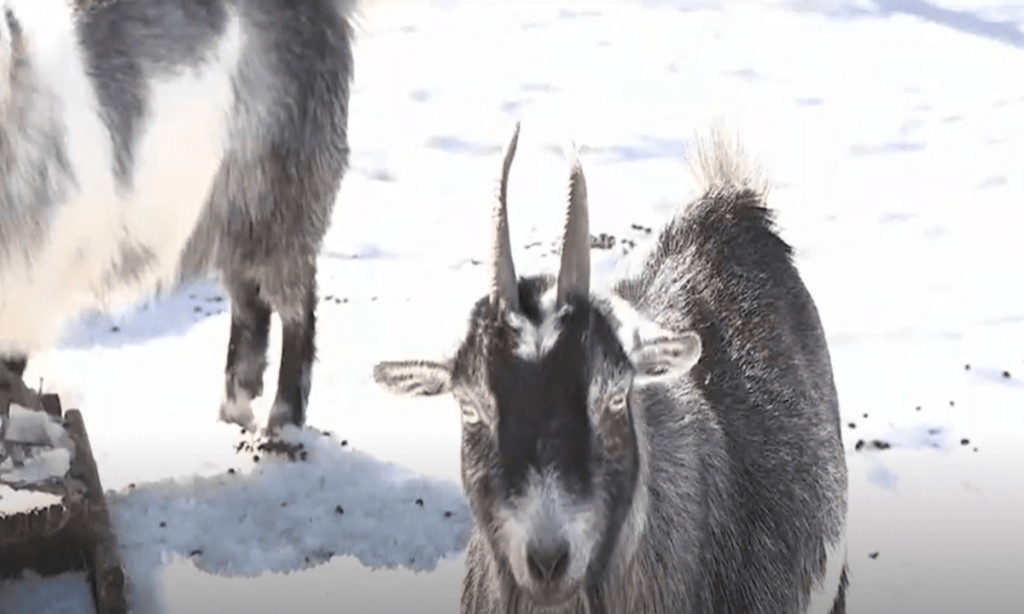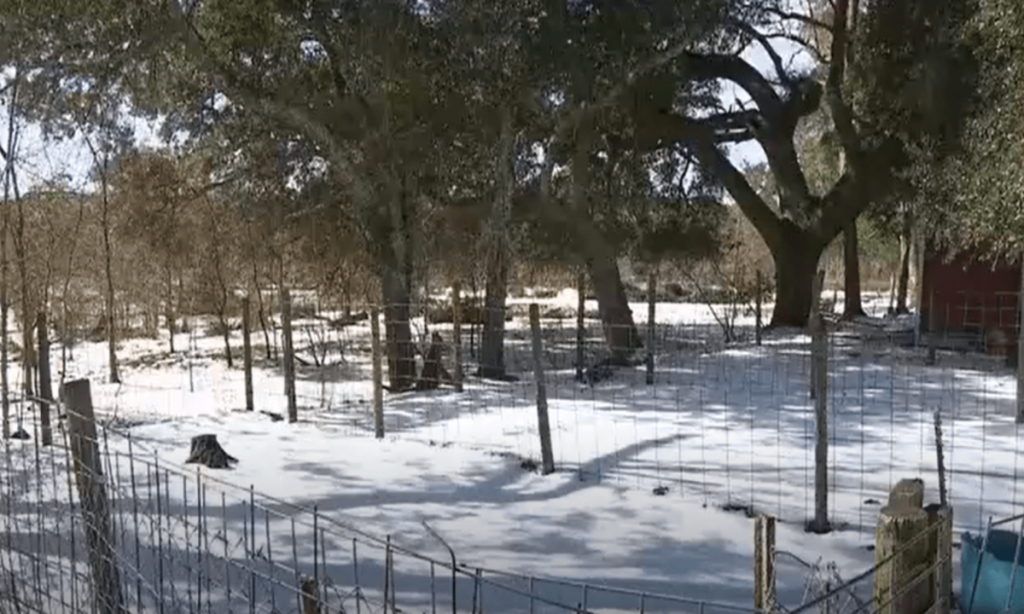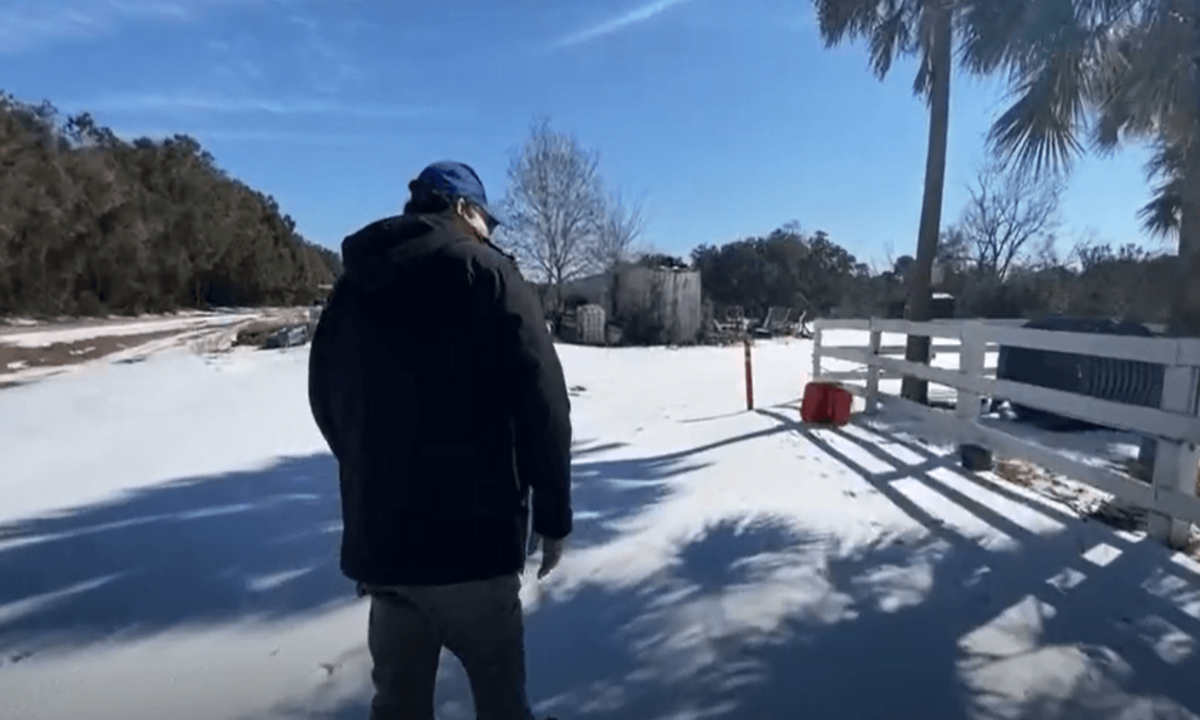JOHNS ISLAND, S.C. — The recent cold snap has caused significant challenges for farmers in South Carolina, with Legare Farms on Johns Island experiencing heartbreaking losses. The sudden drop in temperatures led to the death of five water buffaloes, highlighting the struggles farmers face in extreme weather conditions.
Weather and Its Impact
The unexpected winter storm brought sleet and freezing temperatures to the Lowcountry, catching both residents and farmers off guard. Thomas Legare, a farmer at Legare Farms, described the severe weather conditions: “It was like a sleet. I walked outside around eight o’clock to bring him inside, and it was pelting. It hurt when it hit you.”
Legare and his crew have been working overtime to manage the impact of the cold weather. “Between myself and my team, we’ve had to put in a lot of extra hours over the last few days,” he said. “We’re feeding animals, breaking ice in water troughs, and making sure everything has enough hay and feed.” Despite their efforts, the extreme conditions proved too much for some of the animals.

Loss of Water Buffaloes
The farm’s water buffaloes, which are typically resilient animals, could not withstand the rapid temperature drop. “All of a sudden, this storm hit, and temperatures dropped below freezing. I think that’s what caused the fatalities in some of our buffaloes,” Legare explained.
This loss is a significant blow to the farm, both emotionally and financially. Farming is an unpredictable business, and the weather’s impact can be devastating, even for experienced farmers like Legare.
Day-to-Day Challenges
Farming is a year-round job, and extreme weather only adds to the workload. “We’re busy 365 days out of the year,” Legare emphasized. The recent storm has not only affected livestock but has also disrupted daily operations.
The remnants of the winter storm, including snow and sleet, have made roads dangerous, forcing the farm to shut down its mobile markets. “Our business is down big time this week,” Legare said. The rough roads have limited access to the farm and its customers, further impacting revenue.

Looking Ahead
Despite the challenges, Legare Farms is determined to move forward. With temperatures beginning to rise, the ice and snow are starting to melt, offering a glimmer of hope for recovery. The farm is preparing to celebrate 300 years of serving the Lowcountry, a testament to its resilience and long-standing commitment to the community.
“I’ve probably seen more in my lifetime in the last 60 years than in the first 240 years we were here,” Legare reflected. The farm is now focused on planting winter and spring vegetables, although the impact on crops will depend on how wet the fields remain in the coming weeks.
Final Thoughts
The loss of five water buffaloes serves as a stark reminder of the challenges farmers face in extreme weather conditions. While the storm has disrupted operations and taken a toll on livestock, the dedication of Legare Farms’ team highlights the resilience and determination of farmers who work tirelessly to provide for their communities.
As the farm prepares for its 300-year milestone, it remains hopeful that better weather and a successful planting season will help it recover from this difficult period. The story of Legare Farms is a powerful example of perseverance in the face of adversity, a lesson that resonates far beyond the farming community.
Disclaimer—Our team has checked this article to ensure its accuracy and eliminate any misinformation. We are committed to providing clear and reliable information for our readers.




